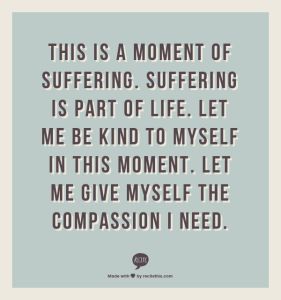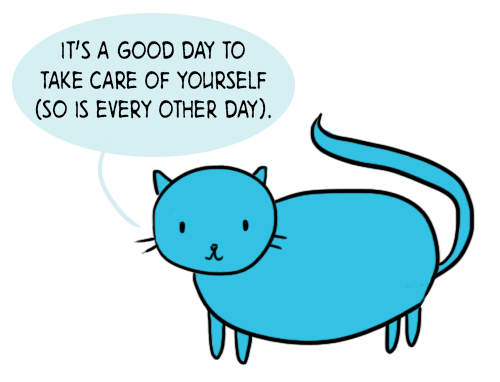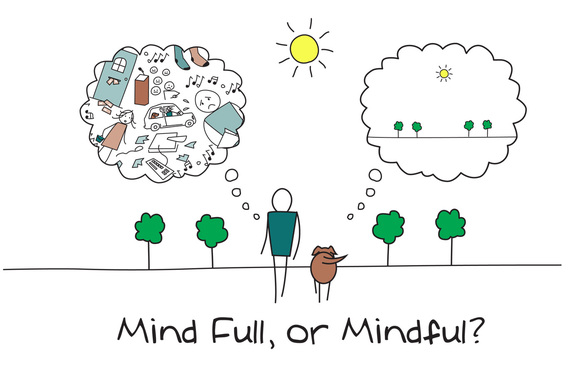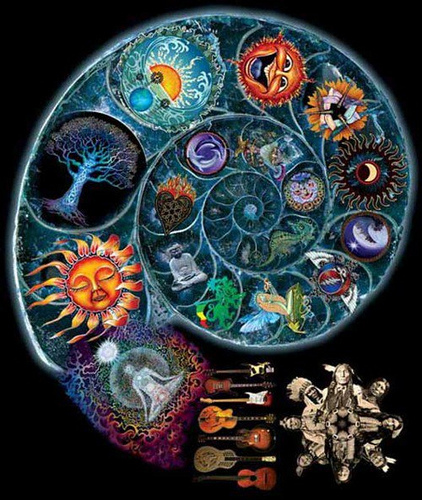Research from the National Occupational Mortality Surveillance found individuals who work in financial services are 1.5 times more likely to commit suicide than the national average. Wall Street executives who are scaled down to robots in the office are robbed of their humanity. Furthermore, these executives cannot realize peace comes from consciousness beyond their mind and love comes from within. Thus, the suicide victims are unable to see past their thoughts.
Self-esteem is how much one values oneself based on standards set by culture. Societal standards include achievement, narcissism and appearing "hard" by not showing one's true emotions. One may receive a boost to their self-esteem when success is experienced, but a drop when failure is experienced. Self-esteem has the power to create monstrosities. For instance, in early 2009 after a financial crisis, multibillionaire Adolf Merckle threw himself under a train after losing a fortune on Volkswagon stock; he was still worth $8 billion. Merckle was so identified with his mind that he was unable to see the value of his life.
French sociologist Emile Durkheim shows how social forces like social integration and regulation underlie suicide. Durkheim claimed "egoistic suicide" resulted when an individual felt weak ties to his/her community; the victim experienced "exaggerated individualism," and considered his/her "life to be aimless." Modern society creates feelings of isolation based on the Division of Labor in Society.
Can self-compassion prevent suicide rates from rising any higher? According to Kristen Neff, self-compassion can be defined as giving ourselves "the kindness and care we'd give to a good friend." As an alternative to self-esteem, self-compassion represents a "quiet ego" that de-emphasizes the separate self. This coincides with Eckhart Tolle's idea of removing the duality of the "self" and "other." Our minds compartmentalize the self and other as separate entities, but they are one.
Neff claims self-compassion comes to the rescue precisely when self-esteem deserts you. Those who are self-compassionate recognize the source of love is consciousness. The following three components - self-kindness, common humanity, and mindfulness, comprise self-compassion.
Firstly, self-kindness entails being kind when faced with feelings of inadequacy rather than ignoring the pain or responding with criticism. In contrast, not cultivating kindness for oneself can cause toxicity. Alpha males turn to sex, drugs, and alcohol to self-treat excessive mind activity. For instance this past July, twenty-nine year old Thomas J. Hughes jumped from his million-dollar home to his death after snorting cocaine. Could self-compassion have saved Hughes life?
Secondly, common humanity recognizes all humans face suffering, rather than something that happens to "me" alone. By recognizing the influence of genetic and culture factors that we lack control over, suffering does not have to be taken personally. If Wall Street executives did have control over their lives, it is unlikely that many would consciously choose to feel trapped, depressed, and anxious. In Merckle's case, he was isolated and too identified with his own suffering to recognize it as part of the human experience. Self-compassion may have helped him feel a greater sense of interpersonal connection.
Lastly, mindfulness creates mental "space" to see how one can be non-judgmental towards thoughts and feelings. Furthermore, with mindfulness, one can experience the state of presence. Having a non-judgmental awareness can allow one to inhabit his or her body fully. Tolle states this awareness anchors you in the "now." On the other hand, unhealthy choices create over-identification. Twenty-two year old Sarvshreshth Gupta who jumped from the roof of his apartment from not sleeping in two days. He was over-identified with his mind after working over eighty hours in a single week.
If humanity is to survive, it must progress to the next stage. Regressing to a lower level of consciousness could potentially destroy humanity itself. In his article, "What It Will Take to Change the Culture of Wall Street," Steven G. Mandis, former Goldman Sachs investment banker, looks beyond the individual level and stresses the importance of focusing on social regulation. In order to improve social regulation, firms need to compassionately cultivate financial interdependence.
When Wall Street executives commit egoistic suicide, they are expressing both their individual state and society's disintegration. Ultimately, suicide victims are both freeing themselves from their social world and succumbing to its influence. Collectively speaking, self-compassion is needed in the world. There is an interconnection web that connects us all. The paradigm shift may begin with cultivating self-compassion at the individual level. One will not be free from pain until one ceases to derive his or her identity from his or her mind. Thus, one holds the key to expanded awareness. One's true nature is beyond the mind.





